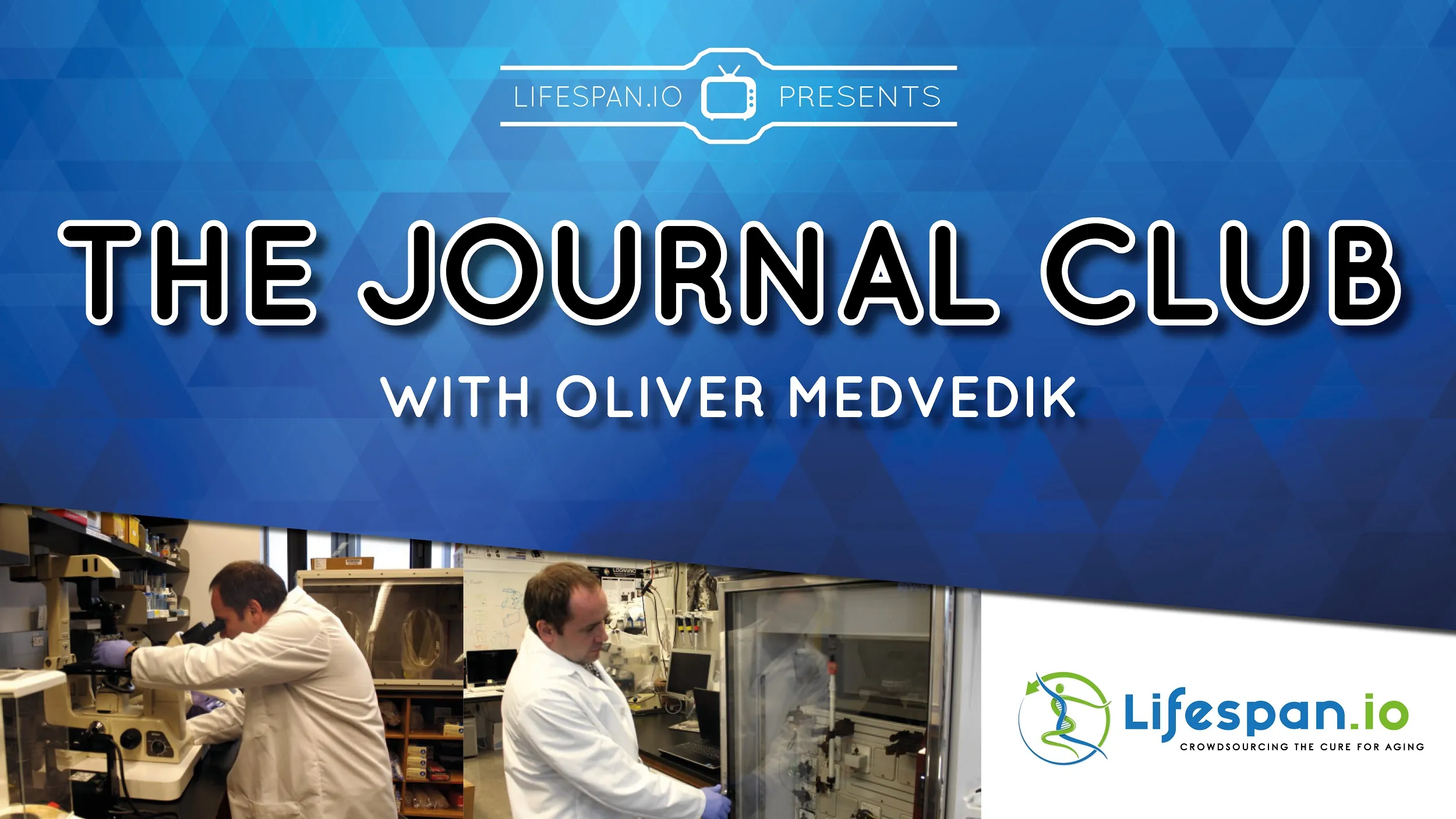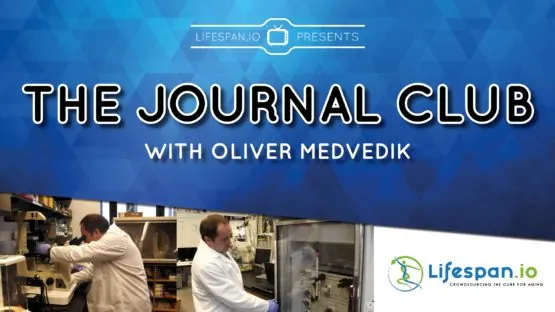The Journal Club with Dr. Oliver Medvedik returns on November 24th at noon EST and will be livestreamed on our Facebook page. The topic this month will be a new study in which researchers have again demonstrated that it is possible to reverse aspects of aging in the old cells of a living animal, not just a petri dish. While there is considerable work still to be done before this technology can be translated to humans, it does show that reprogramming our aged cells is a viable approach towards addressing epigenetic alterations, one of the reasons we age.
Post-translational epigenetic modifications take place in mouse neurons of the dentate gyrus (DG) with age. Here, we report that age-dependent reduction in H3K9 trimethylation (H3K9me3) is prevented by cyclic induction of the Yamanaka factors used for cell reprogramming. Interestingly, Yamanaka factors elevated the levels of migrating cells containing the neurogenic markers doublecortin and calretinin, and the levels of the NMDA receptor subunit GluN2B. These changes could result in an increase in the survival of newborn DG neurons during their maturation and higher synaptic plasticity in mature neurons. Importantly, these cellular changes were accompanied by an improvement in mouse performance in the object recognition test over long time. We conclude that transient cyclic reprogramming in vivo in the central nervous system could be an effective strategy to ameliorate aging of the central nervous system and neurodegenerative diseases.
Literature
Rodríguez-Matellán, A., Alcazar, N., Hernández, F., Serrano, M., & Ávila, J. (2020). In Vivo Reprogramming Ameliorates Aging Features in Dentate Gyrus Cells and Improves Memory in Mice. Stem Cell Reports.


